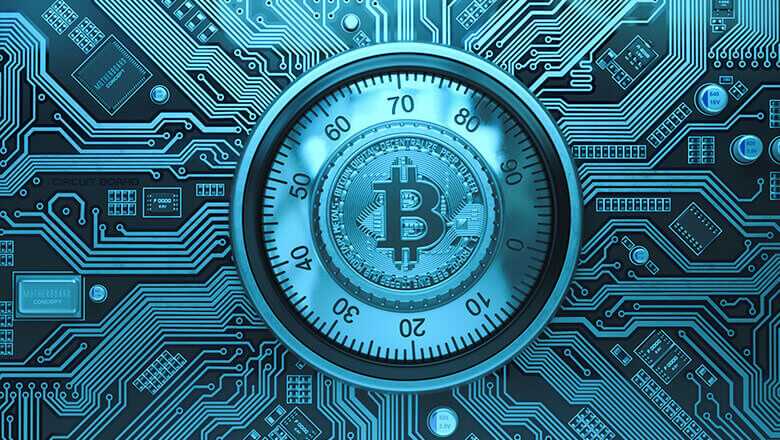The future of bitcoin and blockchain technology seems bright, as more and more businesses are starting to investigate the possible uses of this innovative technology. Blockchain, the technology behind bitcoin, is a decentralized, digital ledger that records transactions across a network of computers. It is secure, transparent, and tamper-proof, making it a desirable alternative for a wide range of applications.
See Also: Automotive Design Using 3D Printing
Banking Industry
One of the most significant ways in which blockchain technology is transforming the world is through its ability to revolutionize the banking industry. Cryptocurrency has the potential to disrupt established banking and financial systems by providing a faster, cheaper, and more secure means to move money. Blockchain-based platforms like Bitcoin, Ethereum, and Ripple are already being used to ease cross-border payments and lower the cost and complexity of money transfers.
Supply Chain Management
Another area in which blockchain technology is making an impact is supply chain management. Blockchain-based platforms can be used to produce tamper-proof records of all transactions in a supply chain, from the origin of a product to its final delivery. This can help to boost transparency and accountability, minimize fraud, and improve efficiency. For example, Walmart is already utilizing blockchain technology to track the origin of food products. Whereas firms like IBM and Maersk are researching the use of blockchain to establish a more secure and efficient supply chain for shipping.
Sharing Economy
Blockchain technology is also being utilized to construct decentralized platforms for the sharing economy. Platforms like Airbnb and Uber have disrupted traditional sectors. They connect people directly, but they also rely on centralized intermediaries to execute transactions. Blockchain-based platforms like OpenBazaar and Sia allow users to engage directly with each other, without the need for intermediaries. This can assist to cut costs and enhance trust, making it easier for individuals to share resources and collaborate.
Voting
In addition, blockchain technology can potentially be utilized to improve the way we vote and run elections. Blockchain technology can assist to reduce the risk of fraud and boost voter confidence. It can create tamper-proof recordings of all votes and make the voting process more transparent and secure. Countries like West Virginia and Sierra Leone are already experimenting with this by using blockchain-based voting systems in their elections.
Digital
Blockchain is also having an effect on digital identity. It is the goal of blockchain-based platforms like uPort, Civic, and SelfKey to develop safe and portable digital identities. This will one day allow users to prove their identities online without the need for a third party. This has the potential to strengthen protections and lessen the prevalence of fraud in online banking, online shopping, and public sector services.
New types of digital assets are being made possible with the help of blockchain technology. Digital assets that are one-of-a-kind and impossible to copy, such as CryptoKitties, CryptoPunks, and CryptoCelebrities, have become increasingly popular as collectors in recent years. A wide variety of other types of digital assets, such as works of digital art, musical compositions, and movies, can benefit from this idea.
Property & Ownership
Finally, blockchain technology may alter our perspectives on property and worth. Blockchain technology’s ability to provide immutable records of ownership has the potential to lessen the prevalence of fraud and boost confidence in the ownership of both digital and tangible assets. This can lessen the expense and hassle of keeping track of ownership documents while also facilitating the development of new markets for real estate, artwork, and collectibles.
In Conclusion
To sum up, blockchain and cryptocurrencies like Bitcoin have enormous potential to affect social and economic systems. They have the potential to alter the banking sector, supply chain management, sharing economy platform creation, voting procedures, digital asset creation, and the very concept of ownership and value. Blockchain is still in its infancy.



















